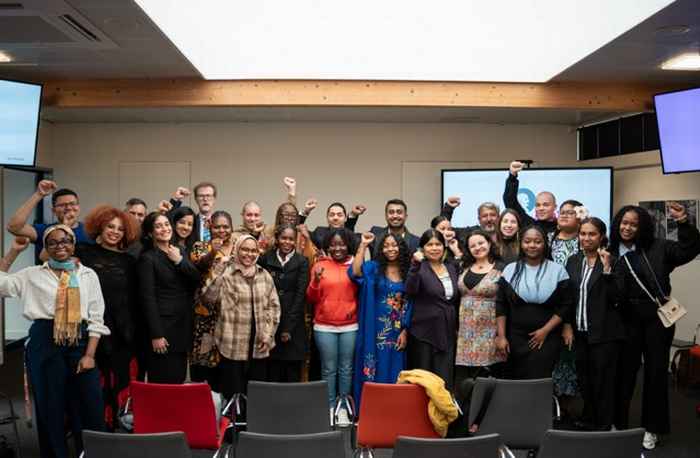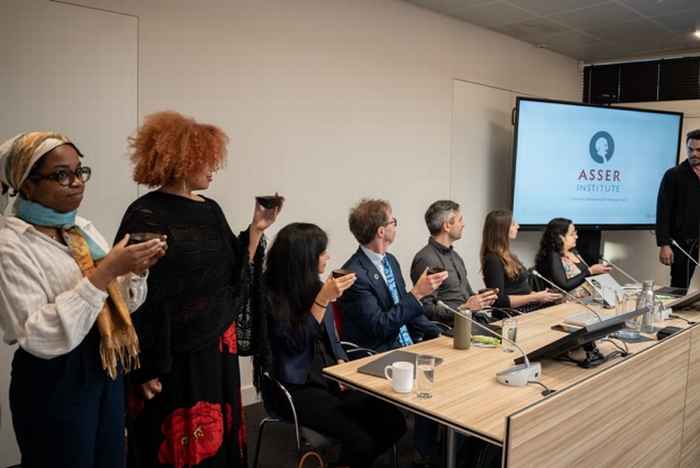The Future Generations Tribunaal: legal defense of the rights of future generations
#climatejustice
10 March 2025

The tribunal is in line with one of the largest legal cases ever at the International Court of Justice (ICJ) in The Hague, which was brought by Vanuatu, a small island state in the Pacific Ocean. Margaretha Wewerinke-Singh was already involved in this case at the ICJ, associate professor of Sustainability Law at the UvA, and also a champion of climate justice. The case revolves around the question of what legal obligations UN member states have to combat climate change and protect future generations. The fifteen justices of the ICJ are examining the legal consequences for states that continue to contribute to climate change without taking sufficient action. The case focuses in particular on the impact of climate change on vulnerable island states, such as Vanuatu, which are the first victims of rising sea levels and extreme weather events.
We spoke with Fatemah Sultan, one of the many involved students. A Political Science student at the University of Amsterdam (UvA), she shares her motivation for participating: "The climate crisis affects us all, but future generations bear the heaviest burdens. This tribunal offers a powerful instrument to ensure their voices are heard in legal and political processes."
Climate obligations
Professor Margaretha Wewerinke-Singh, Associate Professor of Sustainability Law at the University of Amsterdam and a champion of climate justice works together for the Future Generations Tribunal. "The tribunal has initiated an international movement by linking legal accountability to states’ climate obligations," Fatemah explains.
"The tribunal has already collaborated with organizations such as Pacific Island Students Fighting Climate Change (PISFCC) and World Youth for Climate Justice (WYCJ). Together, we organized a People’s Hearing in The Hague in December 2024, held alongside the International Court of Justice (ICJ) hearings. During this event, arguments were presented regarding state responsibility for climate change and its consequences for future generations."
Recognizing the urgency of climate damage
The tribunal seeks to support alternative narratives from the frontlines of the climate crisis and ensure that the ICJ recognizes the urgency of climate-related harm. The students and legal experts within the tribunal advocate for concrete state obligations to prevent and address climate damage.
In addition, the People’s Hearing serves as a platform for collaboration with international partners and as a test case for the tribunal’s legal framework. It is not just a legal exercise but also a means to forge lasting connections with organizations and young activists committed to climate justice worldwide.
Impact of climate policy
The ultimate goal of the Future Generations Tribunal is to develop a permanent legal framework that holds governments accountable for the impact of their climate policies. Initiatives like this serve as a bridge between academic research, legal action, and civic engagement. That is why it is of immeasurable value to students like Fatemah: "This ensures that young people not only have a voice but can also actively influence the future of our planet."
